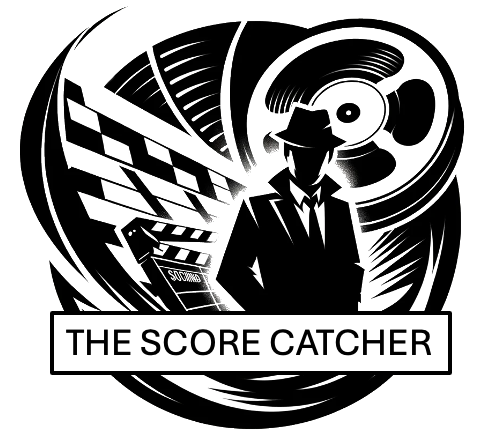Monday, Film4, 12:50am
Ken Loach’s Kes (1969) is one of British cinema’s most enduring treasures—a gritty yet tender exploration of working-class life in Yorkshire, anchored by a boy’s connection to a wild kestrel. Billy Casper (played with aching vulnerability by David Bradley) is a lad lost in the unforgiving world of secondary school bullies, indifferent teachers, and a grim home life. But when he trains a kestrel, Kes, he finds a rare moment of grace and freedom. Loach’s unflinching realism paints a raw picture of social inequality, but it’s Billy’s relationship with Kes that gives the film its soul.

The score by John Cameron is an understated masterpiece. Eschewing orchestral bombast, Cameron employs a small ensemble, dominated by solo flute, strings, and acoustic guitar, to reflect the fragile beauty of Billy’s connection with the bird. The melodies soar and glide, mirroring the kestrel’s flight, but they’re also tinged with melancholy, hinting at the harsh realities that tether Billy to the ground. Cameron’s decision to use a minimalistic approach was groundbreaking at the time, with the score feeling almost like a folk song in its intimacy—a deliberate counterpoint to the bleak, industrial backdrop of Yorkshire.
For soundtrack collectors, the Kes score is a bit of a rarity. A 2001 reissue brought the full score to a wider audience, but its original 1969 vinyl pressing is a prized find, especially for those who revel in minimalist film music. Beyond the score, the film’s use of natural sounds—wind through the trees, the cry of the kestrel—adds another layer of texture, making the music and sound design inseparable from Loach’s vision. Kes is a testament to the power of simplicity: a quiet, unassuming film with a score to match, yet one that leaves an indelible mark. Like the kestrel itself, it soars into your heart and stays there.
- Paul Allen
